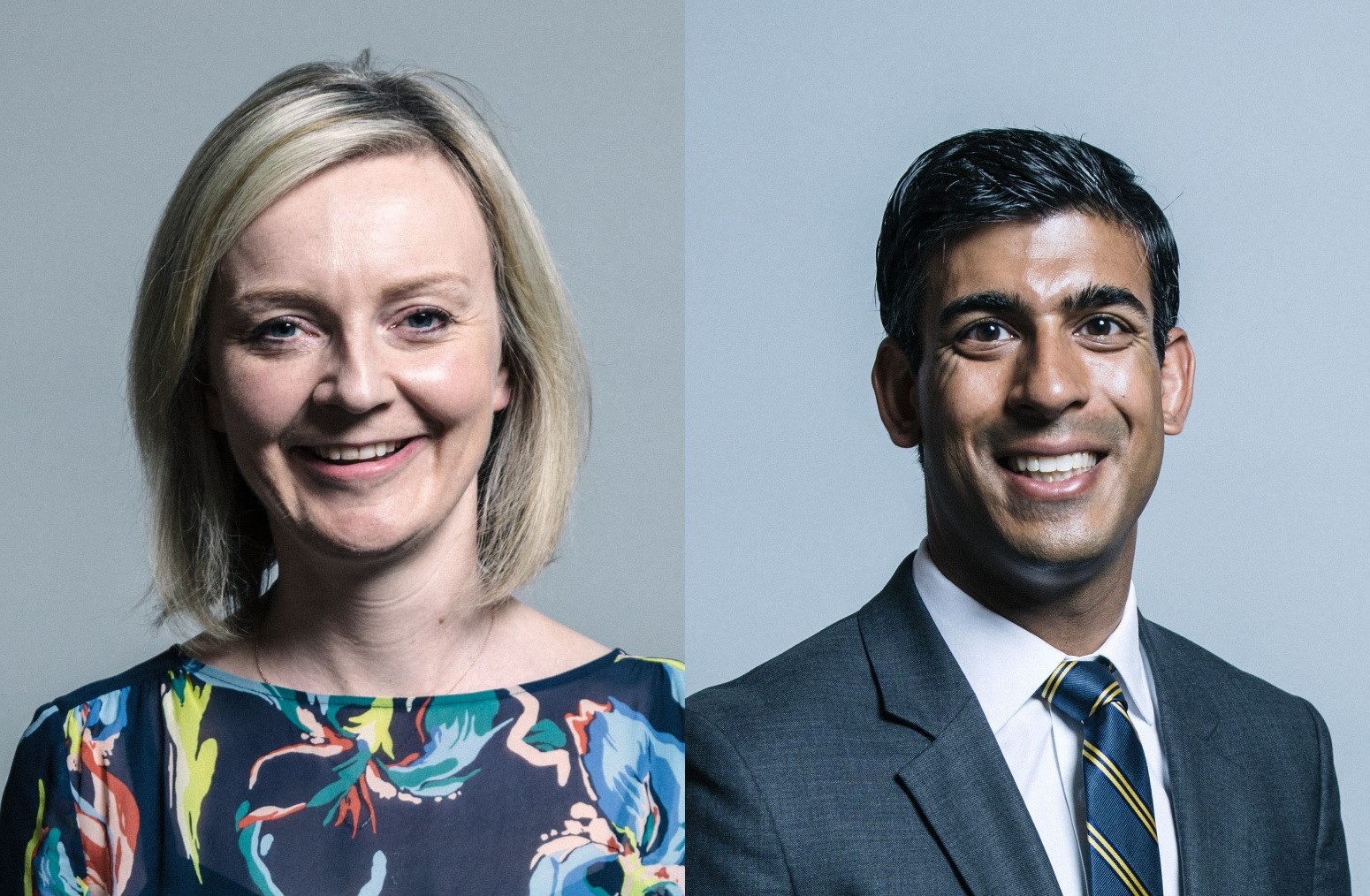Spending on early support for disadvantaged and vulnerable families has halved over the last ten years, according to a coalition of children’s charities.
This is creating a “vicious” cycle where families are more likely to reach crisis point, the charities are warning.
A rise in spending on late and crisis intervention, such as placing children in care, has also been recorded over the last decade.
Charities including NSPCC, Barnardo’s and Action for Children have commissioned research by think tank Pro Bono Economics into the extent of cuts to early help offered by the voluntary sector and councils.
This has revealed that early intervention spending, such as on children’s centres, youth clubs and substance abuse support, has been slashed from £3.78bn in 2010/11 to just £1.9bn in 2020/21/.
Over the same period spending on crisis and late intervention has increased by a third across all councils, from £6bn in 2010/11 to £8.2bn in 2020/21.
“This has created a vicious cycle, where councils are forced to spend more on costly crisis support, leaving more children and young people exposed to risks like exploitation, neglect and mental ill-health,” said the coalition.
The coalition commissioned research also reveals that the cuts have been deepest in the most deprived councils, which have slashed early help spending by 61%, while cuts in the most affluent areas have been 39 per cent on average.
“It’s a big concern that children in deprived areas, where needs may be greatest, are often among those least likely to get help before problems spiral out of control,” added The Children’s Society chief executive Mark Russell.
He added: “Young people have told us they felt they needed to get hurt or harm someone in order be taken seriously.”
The charities coalition is calling on the candidates to replace Prime Minister Boris Johnson later this summer to commit to fresh funding for children’s services.
“Town halls are being placed in an impossible position by decisions made in Whitehall,” said Action for Children policy and campaigns director Imran Hussain.
“The Government has to give local authorities the resources they need to invest in preventative services to stem the tide of children coming to harm before they’re helped.”
New data from @ProBonoEcon for the Children's Services Funding Alliance shows that spending on early intervention services has fallen by 50% in the last 10 years. #StoppingTheSpiral 🧵https://t.co/dNfCcmPEYP pic.twitter.com/xPM8oCzojM
— National Children's Bureau (@ncbtweets) July 19, 2022
Over the last ten years children’s social care spending has fallen by £249m, despite rising demand for support. Overall councils spent £36 less on each child between 2010 /11 and 2020/21, Pro Bono Economics research found.
“When children do receive the right care, good outcomes can follow,” added the think tank.
“Currently, the system which drives so many poor outcomes leaves too many in care with a lack of trusted adults to provide emotional support; it increasingly places children away from their home, and it creates instability through multiple changes in care placements.”













Recent Stories